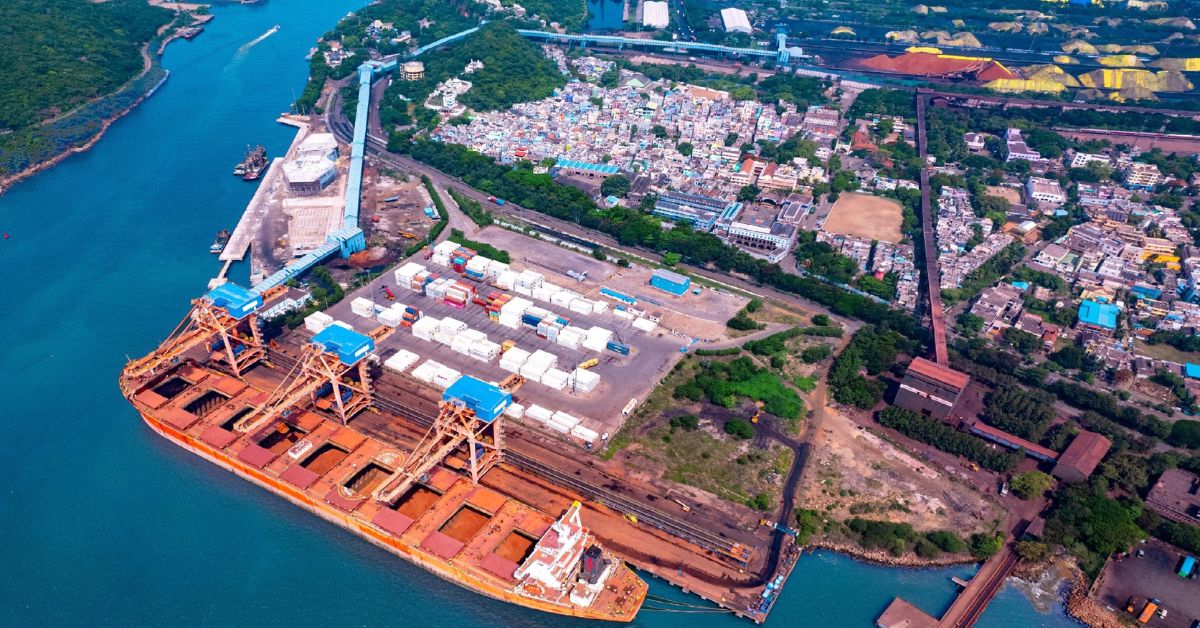In a significant overhaul of India’s maritime security architecture, the central government has officially designated the Central Industrial Security Force (CISF) as the principal security authority for approximately 250 seaports across the country. The decision, formalised through a Ministry of Ports, Shipping and Waterways order issued on November 18, marks the first time India’s ports will be overseen by a dedicated, professional security regulator.
CISF Deputy Inspector General Ajay Dahiya confirmed the development, calling it a “landmark reform” aimed at modernising and standardising port security nationwide. With ports serving as vital nodes for trade, logistics and the country’s expanding Blue Economy, the government is moving to strengthen their physical and operational security frameworks.
Under the new mandate, the CISF has been notified as the Recognised Security Organisation (RSO) for seaports. An RSO functions as the regulatory and oversight body responsible for assessing vulnerabilities, approving security plans and ensuring compliance with safety protocols. Until now, port security oversight rested primarily with the Directorate General of Shipping, without a dedicated professional force exclusively tasked with this role.
With its expanded authority, the CISF will lead several critical functions including updated security audits, preparation of security plans, and implementation of core protective duties at ports. The government is also rolling out a hybrid security model, advanced screening systems, and specialised training facilities to upgrade the capabilities of personnel deployed at maritime gateways.
Officials say the reforms represent a major step toward creating safer, more efficient and globally competitive ports aligned with India’s maritime growth ambitions.
India has roughly 250 small and intermediate ports, though only 65–68 are actively engaged in cargo handling. The CISF already secures all 13 major ports, while private security firms typically support operations at smaller ports—managing cargo zones, warehouses, access gates and other sensitive installations.
Established in 1969, the CISF is tasked with protecting the country’s critical infrastructure. Its responsibilities span more than 70 civil airports, nuclear and space establishments, and key industrial facilities. The new designation further extends its role into the strategic maritime domain, bolstering the nation’s overall security ecosystem.









